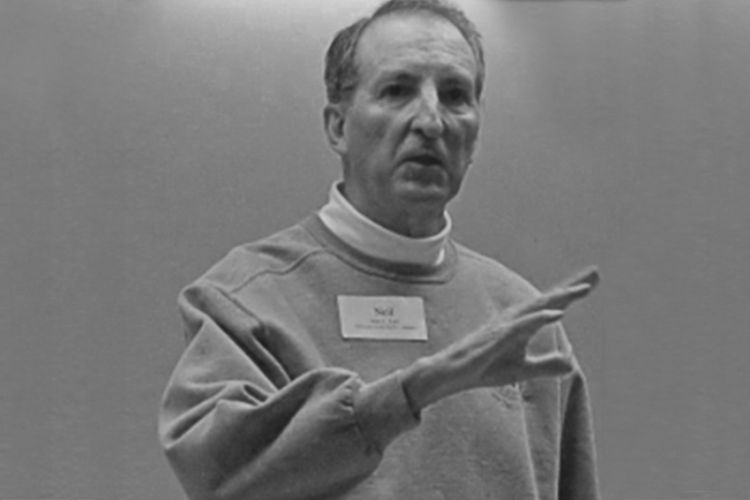Breadcrumb
International relations graduate bound for Harvard

International relations major, Christina Bouri ’20, explored her deeply personal, lifelong interest in the Middle East at Pacific. That experience and the support she received from Pacific professors made it possible for Bouri to move on to the world’s top graduate program in Middle Eastern studies at Harvard University this fall.
“I want to understand why things happen, who causes them and what I can do about it,” Bouri said.
Unstable region
The Middle East is a turbulent place, something Bouri and her family have experienced personally. Her parents grew up in Jordan. Her grandmother had been living in Palestine but had to flee in 1948 during the Arab-Israeli war. Bouri’s father was threatened by Jordanian government forces during the Black September crackdown in 1970 when he was just 12 years old.
Bouri herself had a brush with danger during a visit to Jordan in 2017 when ISIS forces attacked a refugee camp five minutes from her grandparents’ home -- a camp Bouri had been working in that summer. She said knowing that at any moment something could happen is what drove her to study the Middle East.
“I don't like feeling useless, especially when I know that at some point my family did feel helpless.”
During her junior year at Pacific, she studied abroad for a year at the University of Jordan. She found living in the country was much different than simply visiting.
“I went through a big culture shock. It was really difficult,” she said.
She spent time with other foreign students from the United States and Europe where there was one set of expectations, but she also connected with Jordanian students, many of whom knew her relatives. There was a different set of expectations in that group. She had to dress more formally and speak Arabic perfectly or face criticism.
When Bouri returned to Pacific, she continued her immersion into international affairs. She led OASIS, a student discussion group that addresses current issues. She also was a delegate to Model United Nations, in which students role-play as ambassadors to negotiate on behalf of countries in various international scenarios. Bouri also served as a senator for the ASuop, Pacific’s governing student organization.
Encouragement from professors
Bouri was encouraged to take her experiences and apply to the country’s top graduate schools for international relations. Her Pacific adviser, Professor Ahmed Kanna is himself a graduate of Harvard. He told her she would make a fine candidate. Professor Bill Herrin, the director of Pacific’s School of International Studies also urged her not to sell herself short.
“It's so interesting that when we think we can't do it, our professors have such high hopes for us,” Bouri said.
Kanna wrote recommendation letters, helped Bouri hone her personal statement and offered suggestions for improving her writing samples when she applied to Harvard and five other top universities: American, Johns Hopkins’ School of Advanced International Studies, Georgetown, the University of Chicago, the University of Denver’s Josef Korbel School of International Studies and the Middlebury Institute of Internationals Studies at Monterey. Kanna even encouraged her to request his Harvard adviser, anthropologist Steven Caton.
Bouri also received help from another adviser, French Professor Cosana Eram, who also wrote letters of recommendation. Bouri was already fluent in Arabic, but because of the French presence in the Middle East, she realized peaking French is an important skill for anyone who wants to work in the region, so Bouri decided to minor in French.
“Under Professor Eram’s guidance, and the guidance of many other professors, I realized that language learning opened up numerous doors,” she said.
Bouri proved to be an exceptional Middle Eastern studies candidate. She was accepted at every school she applied to.
In addition to her language skills, there were a number of characteristics that set Bouri apart: she has dual U.S./Jordanian citizenship, she has spent extended periods of time in Jordan (including a year studying abroad), and she designed her Pacific coursework around her interest in the Middle East. In fact, she believes her coursework in the School of International Studies was one of the keys that made her stand out.
Finding her way
From a young age Bouri was encouraged by her family to be a doctor, lawyer or professor. She joked that it took a while for her to find her path.
“When I said I wanted to be a teacher, that was a no-go,” she said. “I said I wanted to be a doctor, but it didn't stick. And when I said I wanted to be a lawyer, that stuck for a while until I got into college. Then I realized I like academia.”
At Harvard, Bouri will enter the Middle Eastern Studies program with the ultimate goal of becoming a professor.





